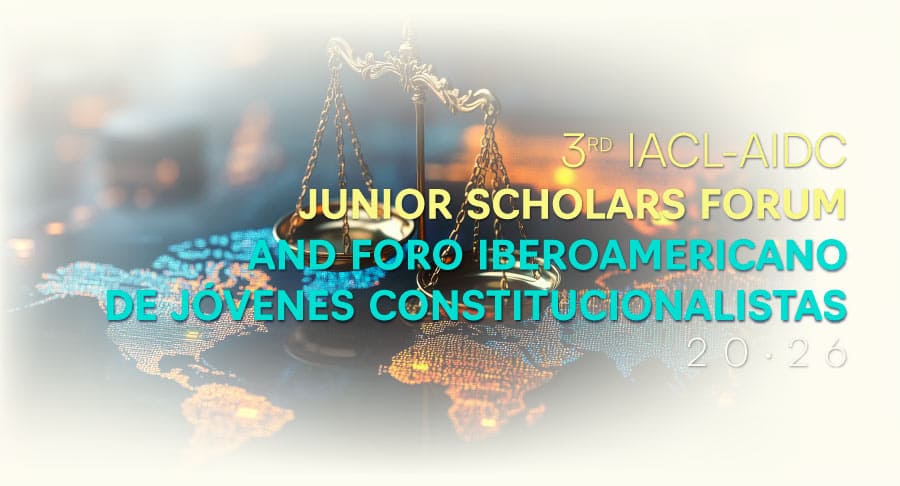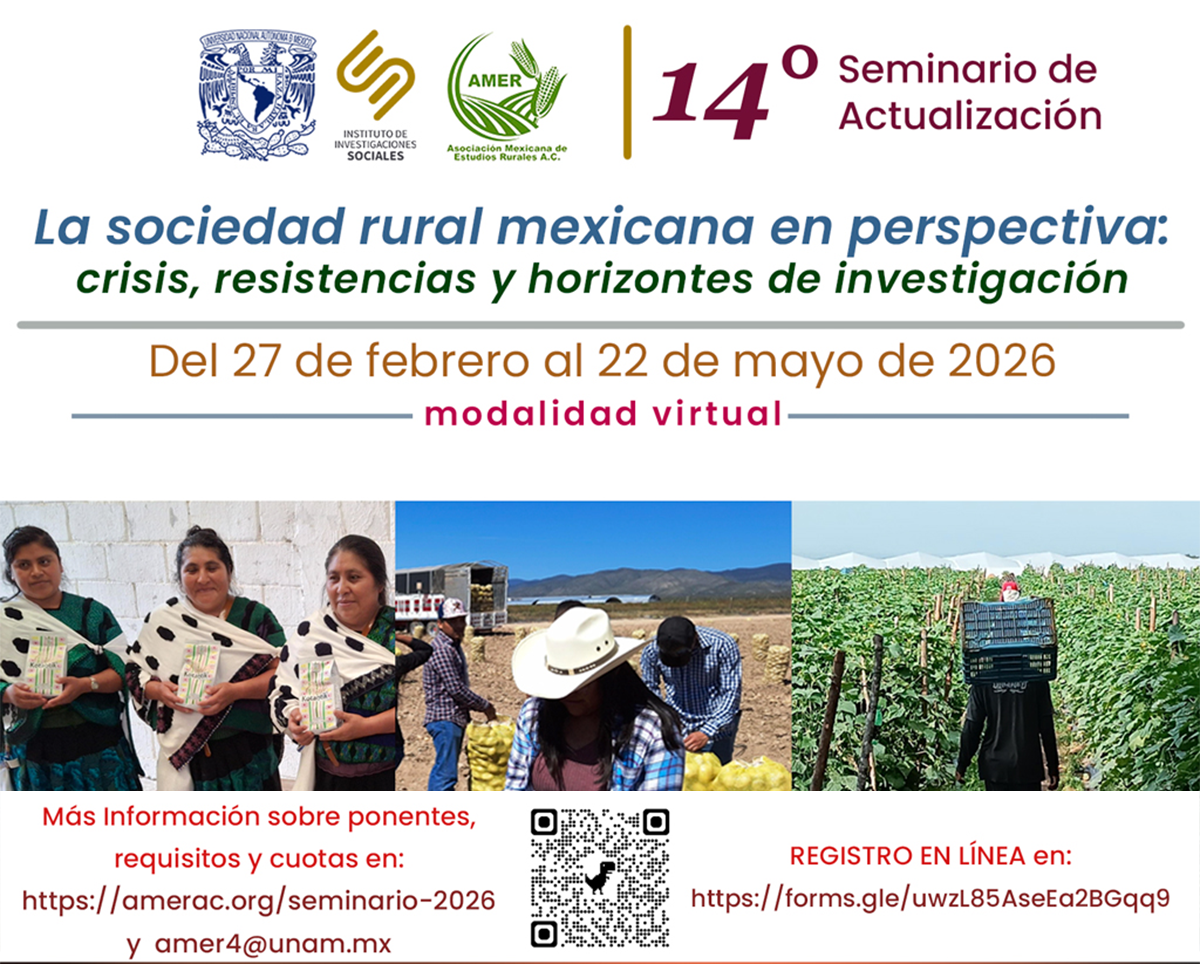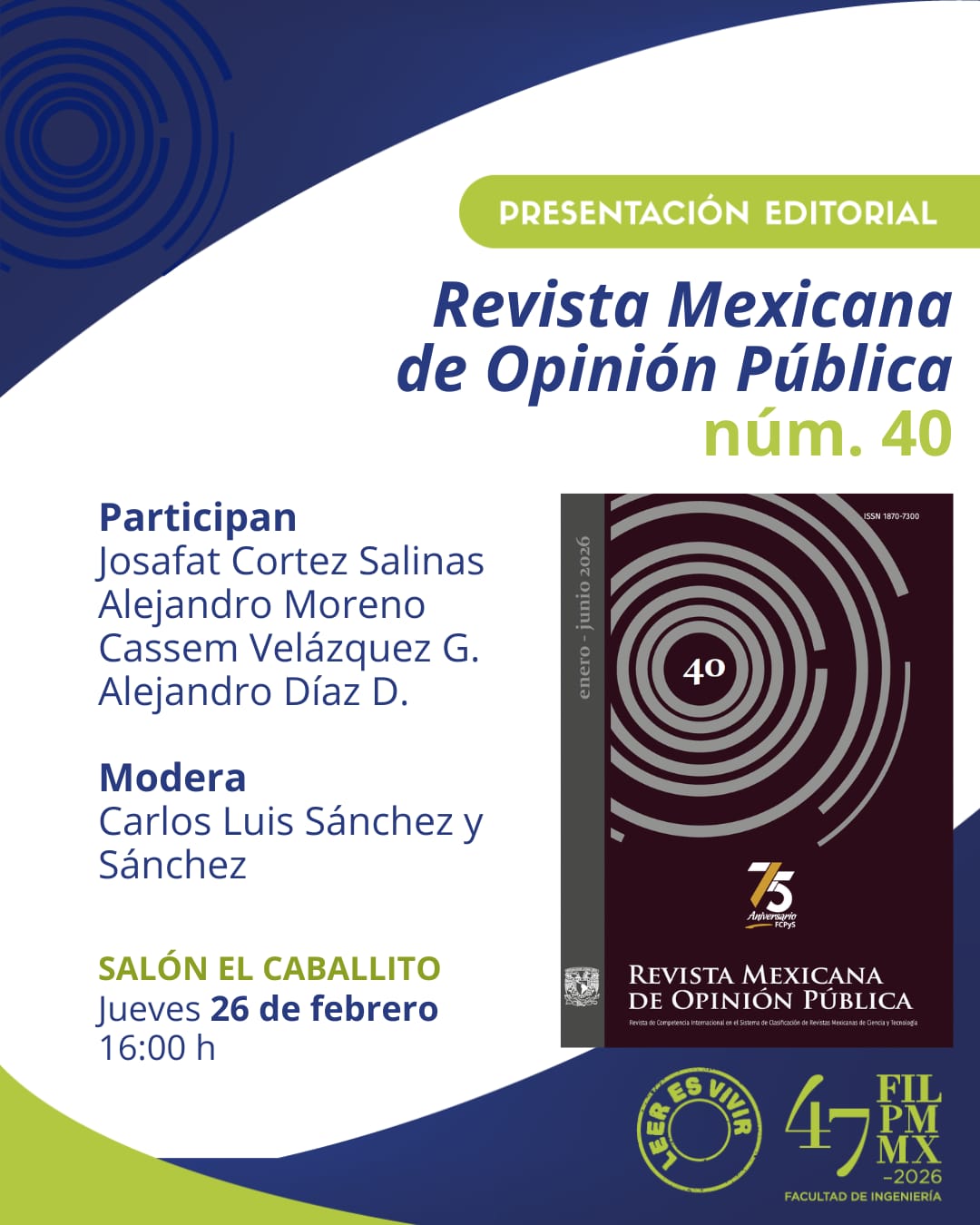Negotiating the Future in Social Movements
Negotiating the Future in Social Movements: Imagination, Possibility, Plans
Studies of social movements often presume a particular teleological relationship between collective actors and the future. But little work has directly studied the emotional, cognitive and embodied orientations towards the future that activists and their opponents hold, where these orientations come from, and what their implications are (Schultz 2016). In other words, what role do imagination, desire, plans and ideas about future transformation play in social movements?
Innovation, new ideas and imagined alternative societies have long been associated with collective action (e.g. Appadurai 2004, Eyerman and Jamison 1991, Levitas 2016). We know that social movements produce, inspire and enact new institutions and norms, utopias, visions and proposals. At the same time, movements also emerge or take inspiration from these ideas, documents and alternative social forms. Concepts such as waves, cycles and biographies are commonly used describe the temporal unfolding of collective action from the emergence of collectives, the dynamics of their activity, and their consequences (see recent special issue in this journal, 2019). This special issue builds on this work by exploring and disentangling the relationship of political activism with the
future, inviting contributions which develop original approaches or build on existing theories. Some existing potential building blocks, hypotheses and starting points are below.
1. Imagining Social Transformation. Increasing attention is being placed on capturing the range of orientations that social movements hold towards possibility, imagination and innovation. Utopian studies and concepts of ‘real’, ‘working’ or ‘everyday’ utopias propose a role for experiments and institutions in social transformation (Wright 2010, Cooper 2013, Levitas 2016) etc. Work on ‘post-capitalism’ considers the significance of struggles and alternatives in processes of socio-economic transformation (Mason 2015, Srnicek and Williams 2015, Bastani 2019). The literature on ‘prefigurative politics’ notes that the building of alternative practices, counter-institutions or forms of protest is often explicitly oriented towards imagined alternatives (Maeckelbergh 2011, Wagner-Pacifici and Ruggero 2018). Work on de-growth, grassroots initiatives and green alternatives apply similar ideas to think about how ecological transformation might come about (Seyfang and Haxeltine 2012, Singh 2019). In the meantime, the study of temporalities per se in movements is sharpening theoretical approaches towards thinking about the significance of events and ‘eventfulness’ (Wood et al 2018), memory (Daphi 2017) and trajectories of change (e.g. Gillan 2018). An interest in the future combines a set of new debates and conceptual approaches across social movement studies and its cognate disciplines.
2. Hope, Aspirations and Visions. People often engage in social movements because they imagine a future that could be different, and better, than the one they are currently experiencing (Dinerstein 2015). In light of debates on climate change, limited access to resources, widening social inequalities, increasing populist regimes and other ‘crisis-talk’, envisioning an improved future has become particularly pertinent. These issues concern notonly the so-called Global North, but also the Global South. Research on hope, aspirations, and navigational strategies (Vigh 2006; Mains, 2012; Jeffrey and Dyson 2016) resonates with
scholarship on social movement activism, de-growth, and the greening of the economy.
3. Negotiating, Challenging and Developing Visions. Future visions are performative (Beckert 2016). The work of approaching and negotiating the future in the context of social movements, similarly, changes the movement itself (Schultz 2016). We invite work that considers how imagined futures, emotional stances towards the future, and strategies; emerge, are articulated, and what their consequences are. Imagination itself also requires continuous efforts to (re-)formulate and reframe existing social and communal visions and thus is subject to ongoing negotiation between different movement activists and those sympathizing with or supporting their claims (Lachenmann and Dannecker 2010, Brown 2017). Through such negotiations, alliances and collective identity work, new forms of protest emerge as part of the process of building credibility (Melucci 1989). Finally, how do movements challenge or channel potential future narratives around, for example, climate apocalypse, techno-utopias and dystopias, surveillance capitalism, and other visions. We invite explicit focus on these negotiations, alliances and interactions within movements, as well as between social movements and/or other civil society actors.
4. Transforming the Political. There are several debates about the particular current condition of the future (e.g. Berardi 2017). They include arguments over the democratic legitimacy of establishing collective aims (Polletta 2002), fears that an era of the ‘post-political’ has begun where politics becomes more administrative than agonistic (Swyngedouw 2010), and claims that ‘conservative’ utopias, which effectively deny the existence of political economic alternatives, holds sway (Santos 2008). Nationalist movements and their parties currently influentially channel imaginaries that often combine nostalgia of former glories with anxieties about migration and racial diversity (Valluvan 2019) – how do movements respond to this particular terrain?
This special issue therefore draws attention to the various different ways in which social movement actors create, negotiate and respond to imagination, hope, plans and other orientations towards the future. We are interested in theoretical and conceptual contributions, as well as in-depth empirical case studies from the Global North and South addressing the four areas identified above, or addressing the following questions:
- What kind of imagined futures do social movements produce? What are the practices of imagining political alternatives?
- How does the content of political imaginaries affect their production, form, use and consequences? Do movements around environmentalism, migration, labour rights and peace work with imagined futures in different ways? How and when is apocalypse, dystopia and despair mobilised as opposed to hope and utopia? Do left- and right-wing groups favour particular types of imaginary?
- How do social movement actors negotiate their imagination in relation to one another? How do alternative futures and disagreements over desired changes shape the interactions and strategies of movement activists?
- In what ways do movement alliances around alternative goals or visions foster compromise or polarisation? In what ways are imagined futures, and negotiations around them, shaped by social differences such as class, race/ethnicity, gender, and age, or by different contexts?
- What do historical perspectives on how the future is negotiated in social movements tell us?
- How does everyday life relate to approaches to the future held in social movements?
- What concepts, typologies and theoretical formulations help us make sense of this area? Do they help map associations, classify, or suggest relationships for further study?
- What kind of methodological perspective helps us to unravel these processes?
Submission Instructions
Interested scholars should submit extended abstracts of 500-1000 words to the Editors, Antje Daniel by 29 May 2020. We will make a preliminary selection and will invite selected authors to submit articles of up to 8,000 words by 30 November 2020 (total to include all tables, references, figure captions, footnotes, endnotes etc.). Final publication decisions will then be dependent on normal peer review procedures and the decisions of the Editors. Please bear both the
word length and the deadlines in mind when considering whether you would like to be part of the collection. Please contact us if you have any further inquiries: Antje Daniel and Luke Yates. All papers will be subjected to double-blind peer review. For further instructions see the “Instructions for Authors” button below and “Style Guide” provided by Social Movement Studies.
Te puede interesar
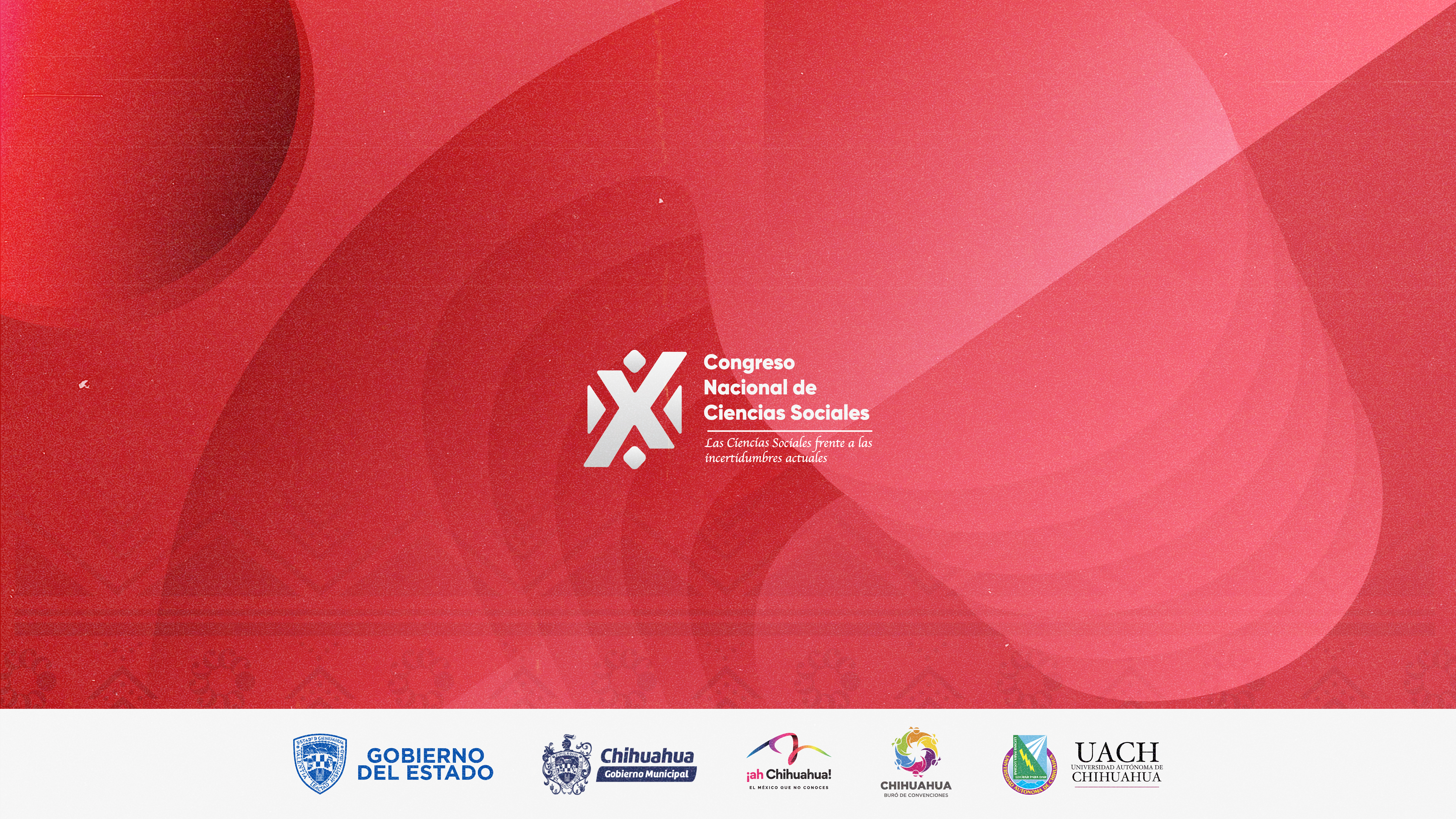
Programa del X Congreso Nacional de Ciencias Sociales
comecso - Feb 25, 202623 al 27 de marzo, 2026 | Posgrado de la Facultad de Contaduría y Administración, Universidad Autónoma de Chihuahua, Campus…

Hoteles con convenio | X Congreso Nacional de Ciencias Sociales
Laura Gutiérrez - Feb 25, 2026X Congreso Nacional de Ciencias Sociales Las Ciencias Sociales frente a las incertidumbres actuales del 23 al 27 de marzo…

Convocatoria Feria del libro
Laura Gutiérrez - Feb 18, 2026FERIA DEL LIBRO X CONGRESO NACIONAL DE CIENCIAS SOCIALES “Las Ciencias Sociales frente a las incertidumbres actuales” INVITACIÓN Información general…

Memorias del IX Congreso Nacional de Ciencias Sociales
Roberto Holguín Carrillo - Jul 02, 2025IX Congreso Nacional de Ciencias Sociales Las ciencias sociales y los retos para la democracia mexicana. Realizado en el Instituto…
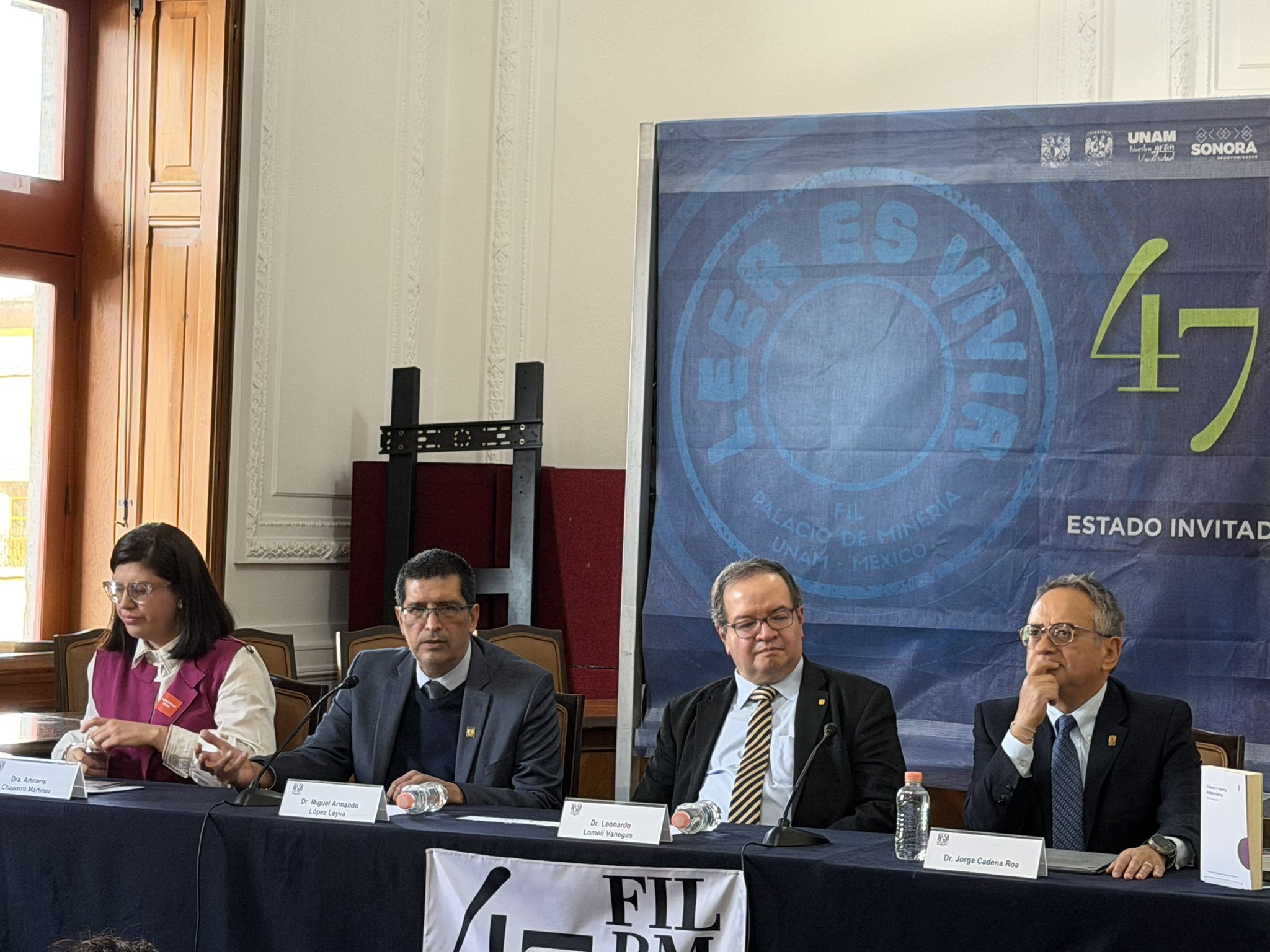
Presentación de la colección Clásicos de las Ciencias Sociales y las Humanidades en la 47 FIL
comecso - Feb 27, 2026Hilo recuperado de X @HumanidadesUNAM Presentación de la colección Clásicos de las Ciencias Sociales y las Humanidades, de nuestros #LibrosDeHumanidades,…






